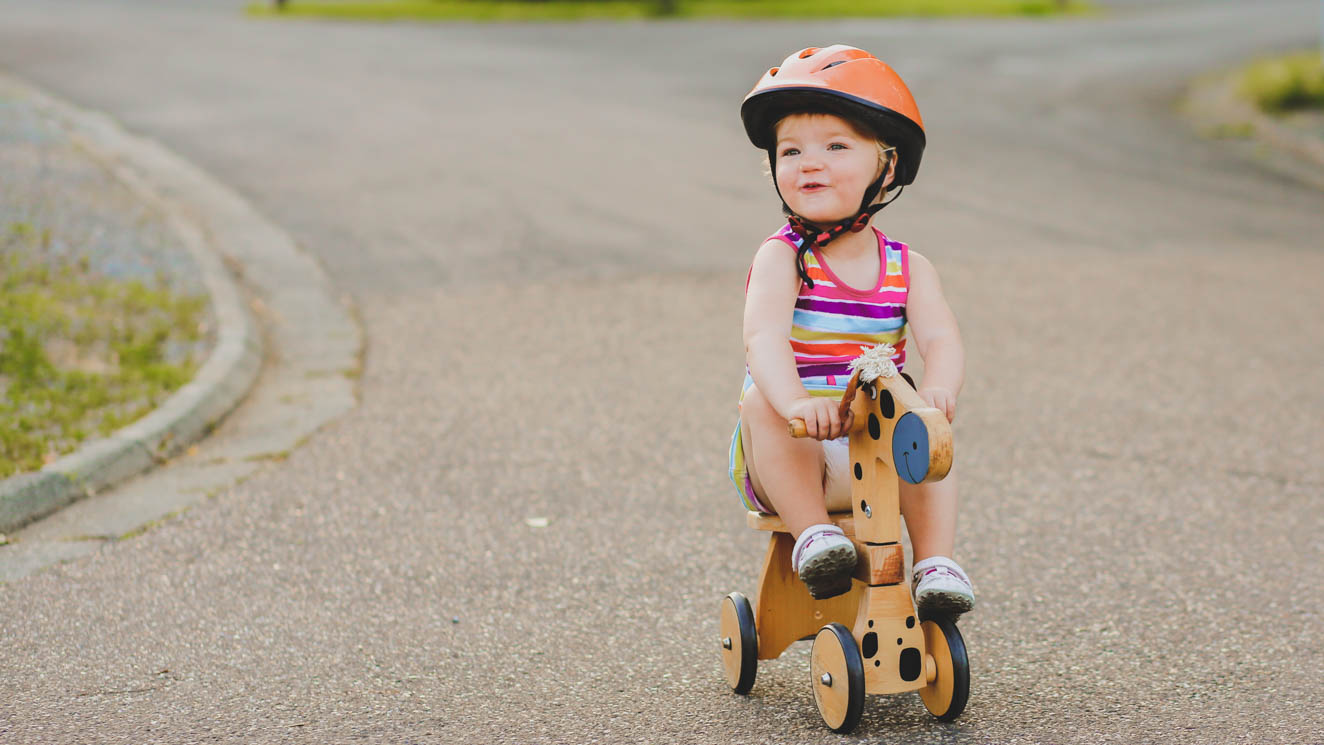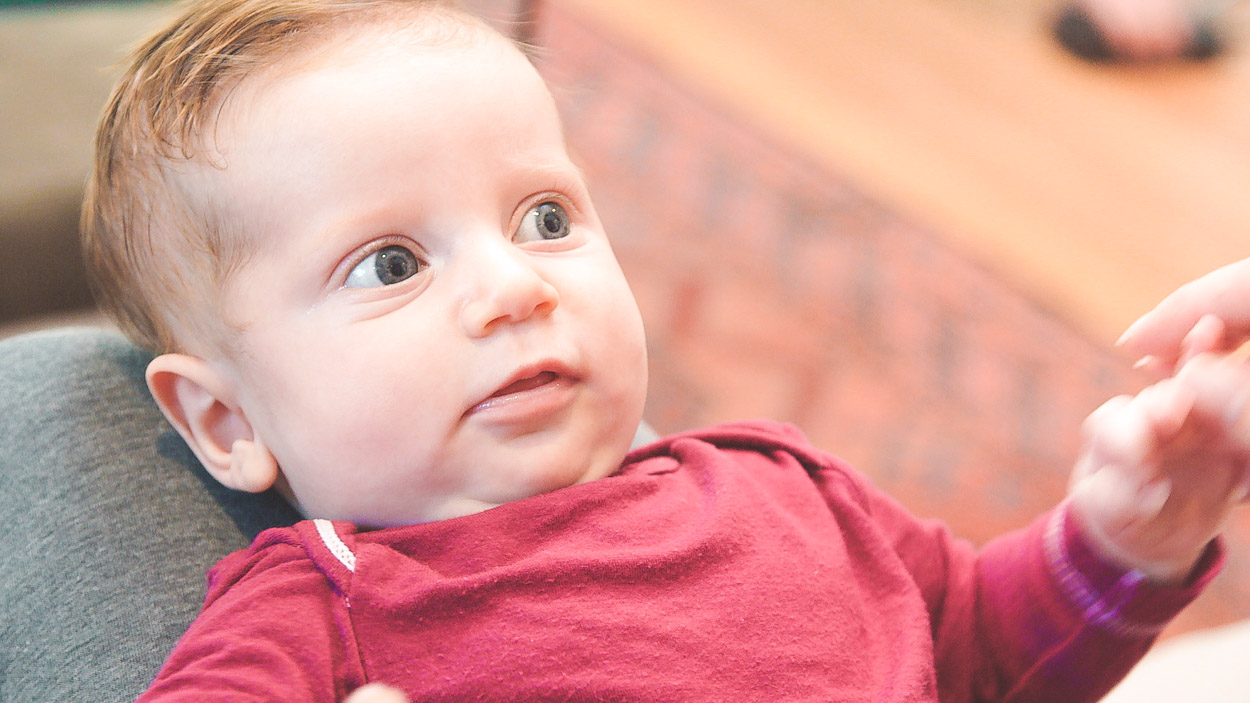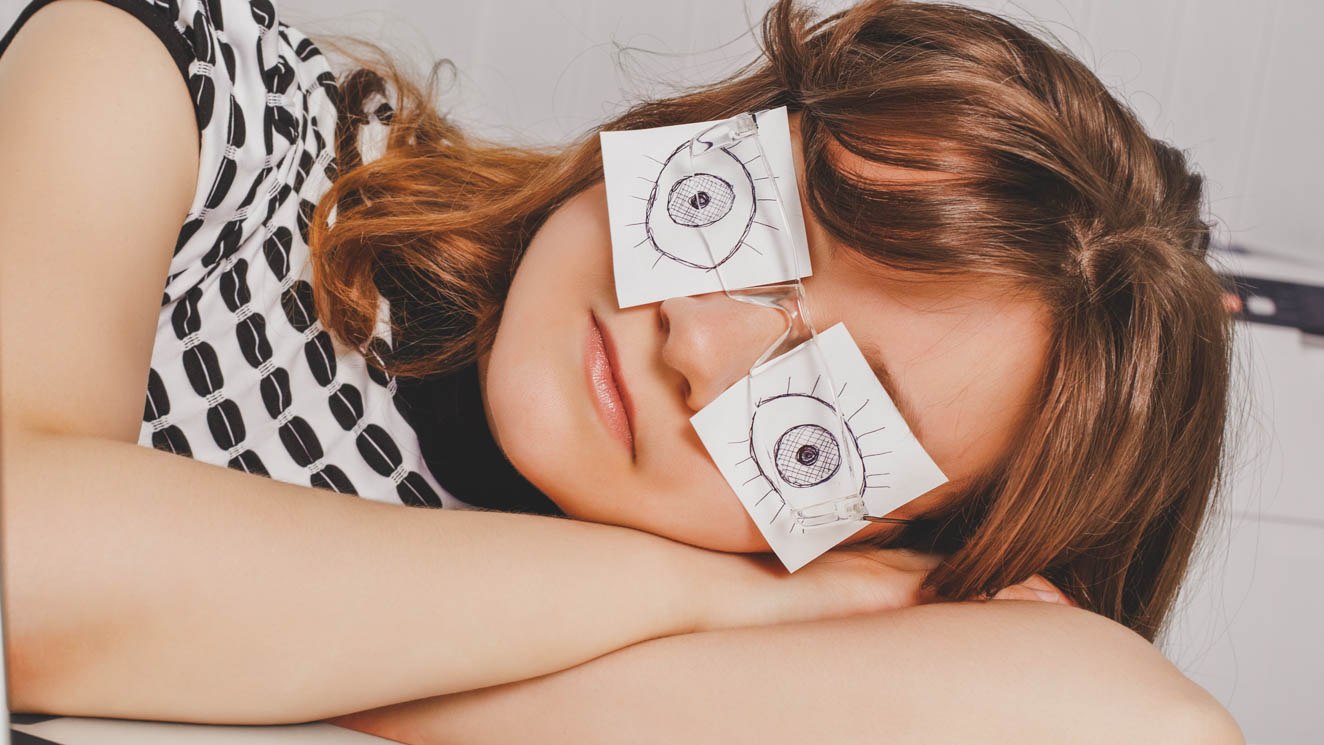

You and your baby are just home from the hospital, or maybe you’ve been home a few weeks. You feel like you should be settling in, gradually acclimating to your new role as a mom, but something is off. Maybe you’re sad all the time, crying at the drop of a hat. Or maybe you’re listless and struggling to find the energy to even get out of bed, much less nurse for the 34th time today or make another bottle. Maybe you don’t feel as attached to baby as you think you should be, or you’re frustrated to hear her crying…again. Maybe you hate your partner. Maybe you hate yourself and feel like a crap mom.
Your mom or partner or friends aren’t concerned. “It’s just the baby blues! You’ll snap out of it! It happens to everyone.” And it’s true, it really could be baby blues, which are a normal and expected aspect of the postpartum period. Most new moms experience something like this as they adjust, and, with time, things settle down. Emotions smooth out, the ups and downs become less pronounced and you settle into your groove.
Emotional upheaval is absolutely to be expected, said Dr. Janet Scarborough Civitelli, an Austin-based psychologist. “It is normal to feel like your life has been completely turned upside down by the arrival of a new baby,” she said. “Hormonal changes and disruption to sleep and life routines are very likely to make you feel emotional and stressed, especially if your baby has any challenges above and beyond the expected ones.”
But Baby Blues and postpartum depression look an awful lot alike, so how do you tell the difference? What should new mothers watch out for?
Intensity of symptoms, not just occurrence, Civitelli said. “If the intensity and frequency of negative feelings are overwhelming your ability to cope, you might be suffering from postpartum depression rather than the Baby Blues.”
Other signs you might be suffering from PPD include persistent feelings of sadness, anger, numbness, hopelessness about your ability to care for your baby, and thoughts of hurting yourself or others, including your baby. Women should seek medical help if symptoms last longer than 2 weeks or include thoughts of harming herself or others.
Having a high-needs baby or a baby with medical problems does increase a new mom’s risk of developing PPD, regardless of the scope of her support network. But, PPD doesn’t discriminate. Moms of “easy” babies — i.e. those without medical issues or sleep problems, for example — can suffer from PPD as well.
The CDC estimates that nationally, 1 out of 9 women experience postpartum depression, and in some states, the prevalence is 1 out of 5 women. Factors like socio-economics and proximity to family and close friends play a role, with a stronger support network helping new moms transition more successfully into motherhood. But even moms with strong support can suffer from PPD. It’s estimated that over 600,000 women experience PPD every year, but only 15% of those women seek help, and Civitelli attributes that to certain built-in barriers and roadblocks.
“Pursuing treatment can be quite challenging,” she said. “A mom would have to recognize that she’s struggling beyond the normal ‘new baby’ level, choose a mental health provider, navigate the health insurance maze, pay for treatment when she is already being hit with new expenses and possibly reduced income from maternity leave, and then schedule time for appointments when she has a baby who needs constant care.” These things are intimidating enough during a non-stressful phase of life, but can seem near impossible when a woman is in the depths of PPD. Especially with the guilt and shame that tend to surround mental health issues.
The social media landscape is partly to blame for the prevalence of PPD given the way it perpetuates the expectation that parenting a newborn or infant should be all bliss. The perception that new parenthood is a magical time full of milky smiles, all viewed through a gauzy soft-focus lens, puts a lot of pressure on new parents. Moms assume what they see online is what they should be experiencing in their own lives – which can undermine confidence and increase anxiety. Social media can give moms the impression that they’re the only ones struggling, that other new mom’s aren’t experiencing the same ups and downs as they are.
But not everyone’s social media experience is the same – in some cases it can help, Civitelli acknowledges. Some women who live with PPD find solace and unity in online spaces and support groups.
Per Psychiatry.org, symptoms new moms should watch for include:
- No longer finding joy in activities that usually make you happy
- Eating more or less than usual
- Irritability or anger, lack of patience
- Uncontrollable crying
- Difficulty with sleep (not just less sleep than usual because of getting up with the baby, but actual difficulty sleeping even when you have the chance)
- Feelings of guilt
- Difficulty with concentration and focus
- Lack of energy (lower than you would expect even with less sleep related to the baby and the physical recovery from childbirth)
- Not feeling attached to your baby
- Feeling empty or sad
- Thoughts of suicide or wanting to be dead or thoughts of hurting your baby
If you’re struggling and think you might have PPD, talk to someone. Reach out to your OB or midwife, a friend, or your partner. Talk in a safe social media group that you trust. If you aren’t sure if you have baby blues or PPD, reach out and connect with someone about it.
Don’t berate yourself or think it’s just you. It’s not.
For more information on PPD support, visit the Postpartum Health Alliance.
Postpartum Support International: 800-944-4773







